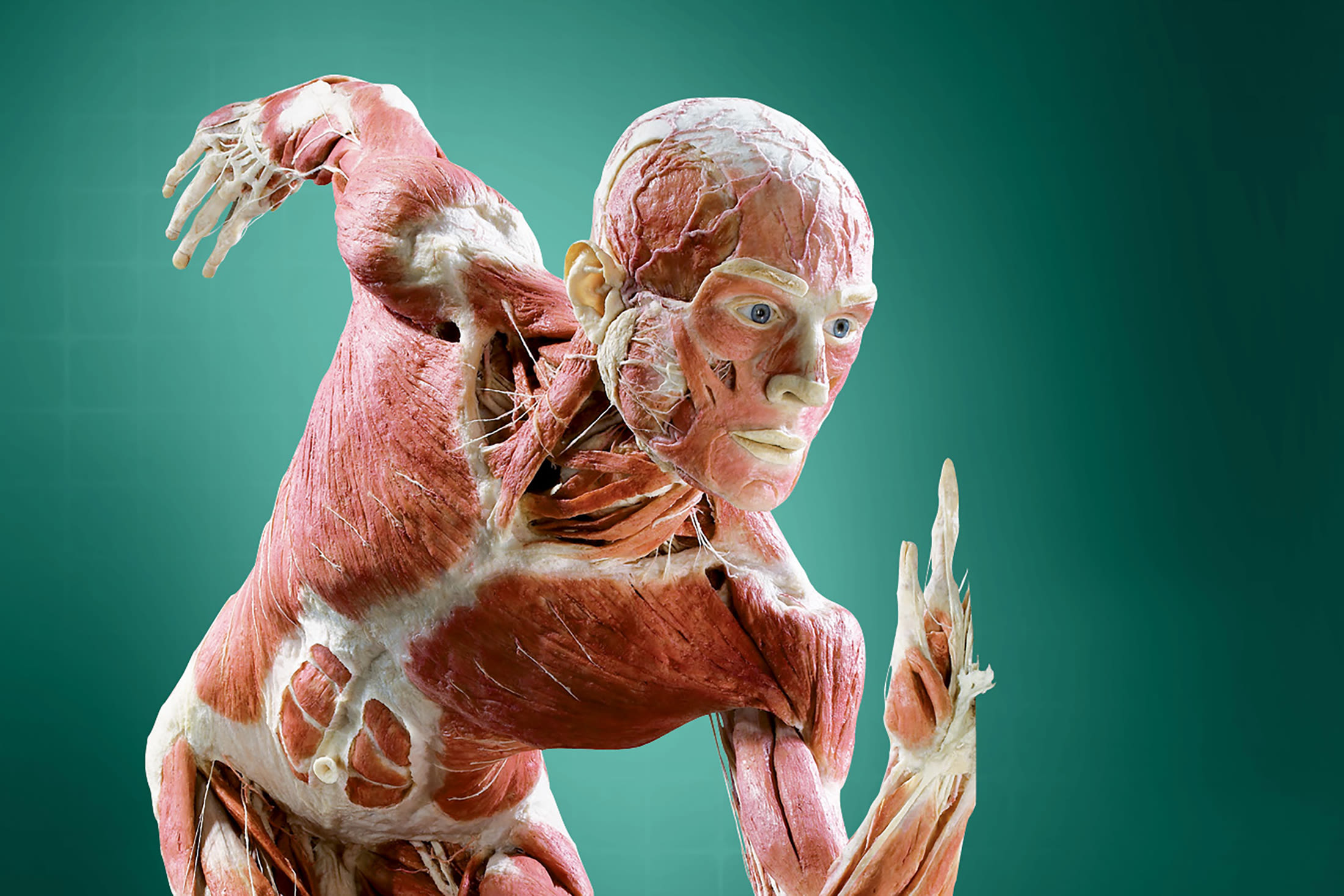Just How Healthy Is Texas?

Image: Niyazz/shutterstock.com
Texas lags behind 33 other states in terms of public health—this according to a recent report by the United Health Foundation, the nonprofit arm of insurance company UnitedHealth Group.
While the state’s ranking in 2019—34th—is an improvement from its 2018 ranking of 37th, we still have a ways to go, specifically in terms of the high percentage of uninsured people (Texas is ranked last), low rate of mental health providers (ranked 49th), and high prevalence of diabetes (ranked 40th).
Now in its 30th year of publication, the America's Health Rankings report raises awareness of where states stand on important measures of public health. As the longest-running state-by-state analysis of the nation's health, the report uses data from a variety of sources to compare how Texas stacks up to other states year-over-year.
“Over the past 30 years, the understanding and science of public health has changed dramatically,” said Dr. Rhonda Randall, chief medical officer of UnitedHealthcare and advisor to America’s Health Rankings. “Many health issues that were concerning in 1990 remain so today, and additional issues have arisen that require action now.”
In 2019, the report revealed several pressing challenges that Texas currently faces:
- 17.5 percent of the state does not have health insurance.
- 12.6 percent of adults are living with some form of diabetes, up by 6 percent from 2018.
- Texas has 111.8 mental health providers per 100,000 residents. In contrast, Massachusetts has nearly six times more: 626.6 providers per 100,000.
- Texas ranks last for policy measures.
- Obesity among adults in Texas has increased by 5 percent since 2018.
- 21.1 percent of Texas children live below the poverty line.
- Suicide has increased by 6 percent since 2018.
- Drug-related deaths have been increasing since 2007 and currently stand at 10.3 deaths per 100,000 people.
However, the report finds our state is doing well with other important public health issues:
- Texas ranks 9th for most seatbelt usage, with 90 percent of the state wearing their seatbelts (so apparently TxDOT’s “Awwww Snap Your Seat Belt" signs are working).
- The state is 4th for high school graduation with 89.7 percent of students earning their diplomas.
- While Texas ranked second-to-lowest in available mental health providers, the number of providers in the past two years has increased by 14 percent, so we're making strides.
- Violent crime has decreased by 51 percent since it peaked in 1993; furthermore, that stat decreased from 439 offenses per 100,000 in 2018 to 411 offenses in 2019.
Texas is by no means an outlier, though, and the nation’s public health challenges are concurrent with our state's. National challenges include increased rates of suicide, drug deaths, and sexually transmitted diseases. Longer-term challenges include low birthweight rates and rising levels of obesity and diabetes.
Per the study, Vermont, Massachusetts, Hawaii, Connecticut, and Utah performed highest, while Louisiana, Arkansas, Alabama, Oklahoma, and Mississippi scored the lowest.
While alarming in some measures, the report does show meaningful progress for our nation’s public health: Smoking among adults has decreased by 45 percent since the report’s inception, infant mortality is at its lowest in three decades, and air pollution has decreased by 36 percent since 2003.
“America’s Health Rankings will continue to provide evolving state and national snapshots of health to inform and drive action to build healthier communities,” said Randall.




